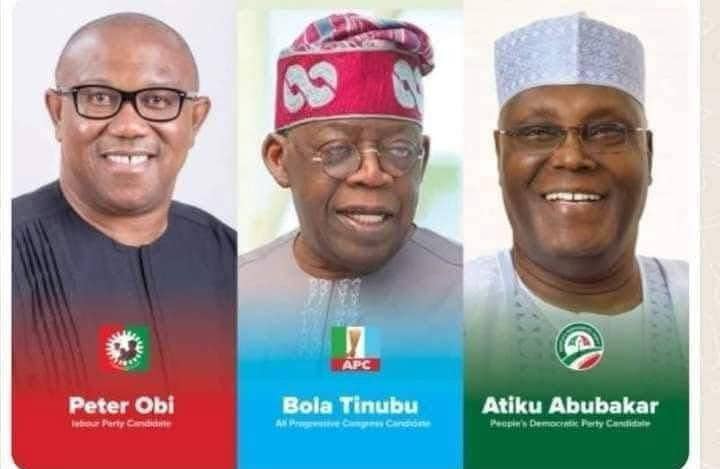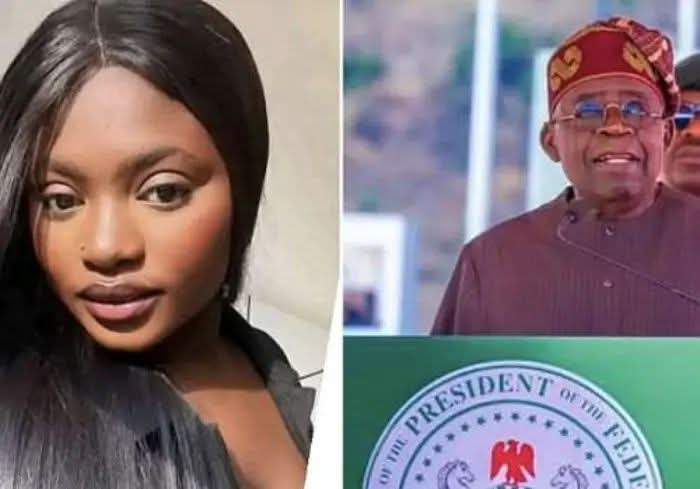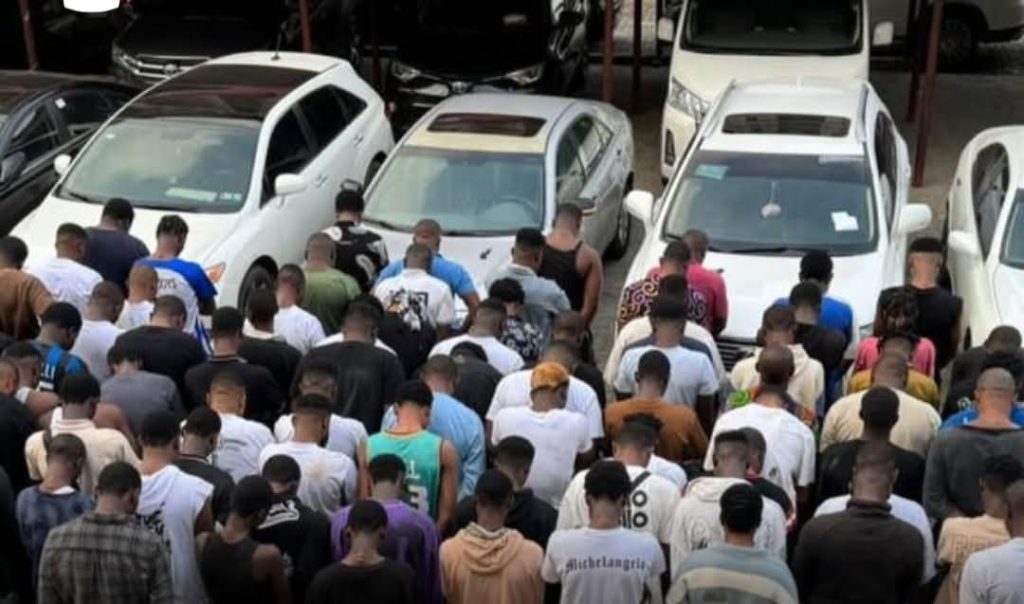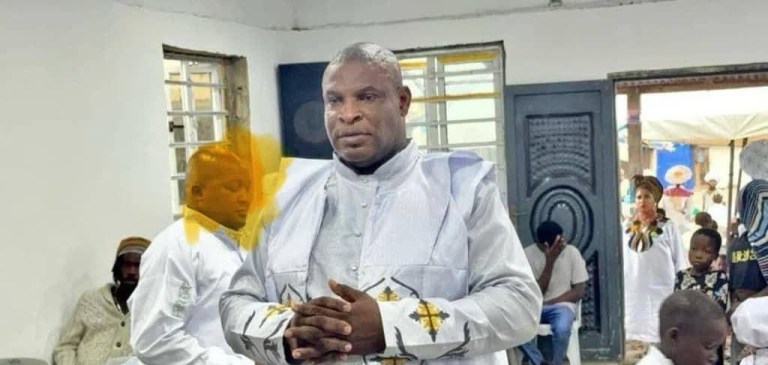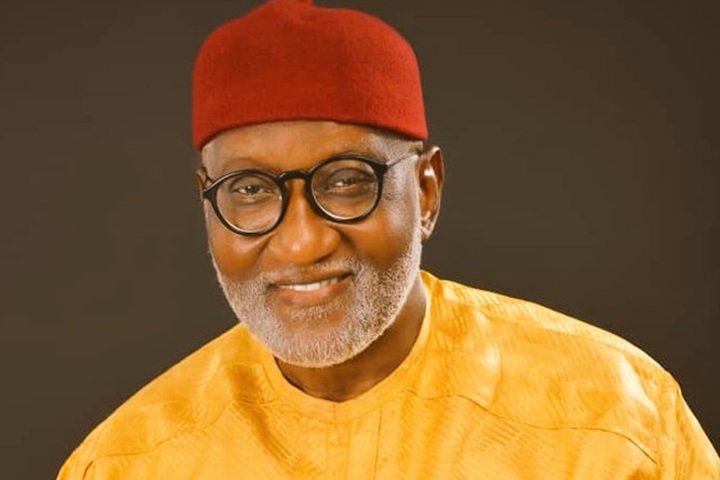News
Tinubu’s two years in office: Has the Southeast truly been neglected?
DDM News

(DDM) – In the two years since President Bola Ahmed Tinubu assumed office, the Southeast has witnessed both praise and criticism over his administration’s attention to the region.
DDM gathered that while some Igbos insist the president has abandoned the zone, others, including political leaders and prominent figures, argue that the region is experiencing an unprecedented wave of federal projects.
The Minister of Works, Dave Umahi, has repeatedly defended the president, citing ongoing infrastructure developments, including the Southeast Development Commission (SEDC) and the Southeast Investment Company, with a ₦150 billion take-off capital.
He also notes the allocation of $3 billion for the rehabilitation of the long-abandoned eastern rail corridor, as well as the President’s Southeast Superhighway project aimed at ending decades of infrastructure marginalisation.
Anambra Governor Charles Soludo, Imo Governor Hope Uzodinma, and Abia Governor Alex Otti have also joined calls for Ndigbo to reconsider their political stance ahead of 2027.
Nollywood veteran Zack Orji, in a viral video, lauded Tinubu’s efforts, quoting scripture and urging the Southeast to embrace what he described as a “new chapter of transformation, inclusion and nationwide connectivity.”
Orji said the projects represent the long-promised “Reconstruction, Rehabilitation, and Reconciliation” agenda from the post-civil war era, finally being addressed more than five decades later.
Benjamin Kalu, Deputy Speaker of the House of Representatives, echoed the sentiment, calling Tinubu “the only commander-in-chief to remember the Igbo ethnic group” since the war.
In addition to infrastructure, the administration has appointed at least 17 Igbos to key positions, including top ministerial and advisory roles, countering claims of underrepresentation.
Projects like the Enugu-Onitsha Expressway and the Umuahia-Aba section of the Enugu-Port Harcourt Expressway are progressing with set deadlines in 2025 and 2026, respectively.
Umahi emphasises that federal presence in the Southeast is now visible in ways unseen for decades, crediting Tinubu with reversing years of neglect.
However, scepticism remains strong among a section of the population, with critics insisting that no amount of development will sway the region’s political choice in 2027.
Some argue the distrust runs deeper than infrastructure, rooted in historical grievances and political alignment.
Supporters of the president counter that there is still time before the next election to build goodwill and prove his commitment to the region’s growth.
As 2027 draws closer, the debate over Tinubu’s legacy in the Southeast is likely to intensify, shaping political alliances and voting patterns in a region crucial to Nigeria’s national balance.
🚨 Follow DDM WhatsApp channel Now!
Get breaking news, hot gist, and updates FIRST!
*📲 Click to join 👇* https://whatsapp.com/channel/0029Vajkwdc4dTnFHl19vW3g
*Apply at the link below and Start Your Tech Journey:*
👇🏽
https://www.ddm.media/cohort-6
For Diaspora Digital Media Updates click on Whatsapp, or Telegram. For eyewitness accounts/ reports/ articles, write to: citizenreports@diasporadigitalmedia.com. Follow us on X (Fomerly Twitter) or Facebook



